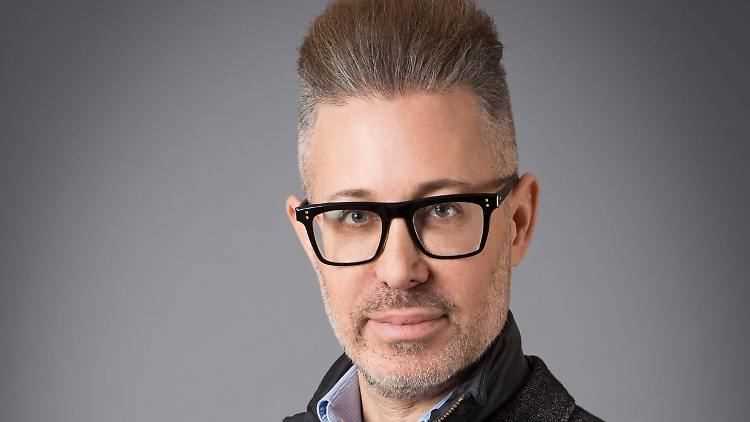Sunday, May 02, 2021
More and more cyber attacks
Corona crisis “makes it easier for attackers”
Israeli IT expert Guy Caspi worked for the Israel Defense Forces cyber defense for a long time before founding Deep Instinct. The software company uses a technology based on artificial intelligence to defend against malware. In the most recent round of financing in mid-April, it raised $ 100 million – including from US asset manager Blackrock. In an interview, Caspi explains why companies need to rethink IT security and what Israel does better than others.
Why is the number of cyber attacks increasing so rapidly in the corona pandemic?
Guy Caspi: One method in particular is increasing enormously, the so-called ransomware attacks, i.e. attacks with blackmail software. The reason: During the pandemic, many people are working from home. This means that you are not behind your company’s firewall; part of the security architecture is missing.
What does that mean in concrete terms?
The company’s IT security precautions have so far been based on the assumption that employees do most of their work in the office. There were and are companies that forbid their people to take their computers home with them. When you’re at work, your computer is reasonably safe. But Covid-19 has changed that concept. IT people now need to keep an eye on people who work at home. That connect to wifi networks, of which it is not clear who the hell else is hanging in there. That made it a lot easier for the attackers.
What kind of attackers are they?
In any case, not just private hacker groups, you can already see that in the technology. We recognize attacks from nation states. It’s about money, information or sabotage. That will increase significantly, also in Germany.
And who are the victims?
All states that have strong industries are affected. Mostly companies and no private individuals. The economy is under attack practically every day because there is so much to be gained.
How can this be countered? Is it a question of money?
It’s not about the money, a lot is invested in cybersecurity. The problem is the underlying thought. So far, companies have always assumed that an attack itself cannot actually be prevented. Above all, technologies have been developed with which attacks can be detected, tracked and then switched off. But no attempt was made to exclude them from the outset, i.e. preventively.
Now you’re doing a bit of promoting what your company has to offer, aren’t you?
Fine, but this is not about deep instinct. There is just a big difference. We take care of prevention, i.e. what happens before an attack. And that is extremely important. Too much has been invested in cleaning up systems that were already infected. By the way, similar to medicine, with Covid-19. Prevention is much better.
The technology you use is called deep learning. How exactly does it work?
Basically, we are mimicking how the human brain works. So far, cybersecurity has worked in such a way that the system is fed with a large number of examples of malicious software so that it can be recognized when it occurs. But that leads to a lot of false hits. Our system is supplied with a lot more data. Above all, there is an artificial neural network behind it that is able to learn and recognize patterns. This allows us to be faster and take preventive action.
Cyber security is always a game of cat and mouse. Isn’t there a risk that hackers will take over your technology too?
I do not think so. The barrier to entry with this technology is simply very high. There would have to be other companies that use similar methods before this penetrates into hacking circles.
You worked for a long time for the Israeli cyber defense, which is highly regarded internationally. What can other countries learn from Israel?
We’ve had a very strong scene for a long time, for that matter. Over half of the cybersecurity companies listed on the Nasdaq technology exchange are from Israel. There is a strong science and technology culture. And cybersecurity ensures our survival, it guarantees the protection of the country. It’s not about having the smartest people, there are other people too. We just have a very clear focus.
Does that lead to a fundamentally different approach to cybersecurity?
Yes. In Israel we rely on protection in several layers – multi-layer. It is not enough to break through a shift because the next software is already waiting there. And below that the next one. Other states rely on a product. And that’s just not enough. Breaking the Israeli protective shield is almost a Mission Impossible.
With Guy Caspi said Nils Kreimeier.
The interview first appeared at Capital.de.
.

